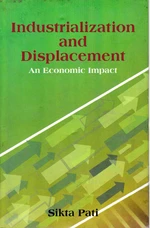Physics is one of the most basic of the sciences: not only is it a fruitful research discipline in itâs own right, but itâs ideas and techniques underpin developments in many other areas of science, technology and medicine. It is characterised by the use of a few basic principles, quantities and laws to describe, understand and predict the behaviour of relatively complex systems, both natural and artificial. The interplay of theory and experiment drives the development of the field, and requires a broad range of skills including mathematical modelling, problem solving, experiment design and data analysis, teamwork and communication. Theoretical Physics is that branch of physics, which deals with natural phenomena, and their relations with Physical properties of matter. It holds a paramount importance in life and has helped define a number of laws for the benevolence of mankind in areas of business construction, mechanism, travelling, defence, communication and so on. This book is about how to teach physics effectively. The intended reader is any physics teacher who is interested to know about recent developments in physics education. In contrast to some other teachers guides, it is not a review of specific topics in physics with hints for how to teach them and lists of what common student difficulties are. Rather, it is a book with a variety of tools for improving both teaching and learning of physics. The broad coverage of topics in theoretical physics makes this book an invaluable reference for senior undergraduate and postgraduate students of all branches of physics as well as research workers and physics teachers. Contents: Atomic Physics; Optical Physics; Particle Physics; Quantum Physics; Physics of Sound; Electromagnetism; Relativistic Dynamics.
Price history
Nov 19, 2022
€288.65

